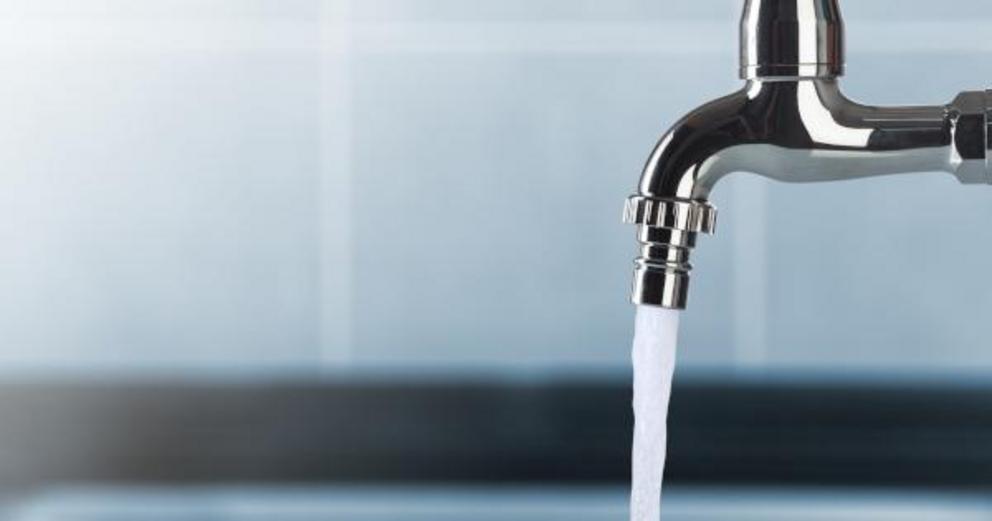Boiling away the microplastics: a simple solution to a complex problem
Written By: GreenMedInfo Research Group
A new study reveals that simply boiling tap water can eliminate up to 90% of concerning nano- and micro-plastics that have infiltrated our drinking water supply. This straightforward method provides a ray of hope amid the complex environmental challenge posed by plastic pollution.
While there is no such thing as "safe" tap water, not everyone has access to purified water. And unfortunately, drinking bottled water carries with it the ubiquitous problem of micro- and nano-plastic contamination. A recent study we reported on shows that there are approximately 240,000 nanoplastic particles in each bottle of water tested. One of the best ways, therefore, to purify tap water of these widespread petroleum derivatives is to use boiled tap water and then filtering it with a reverse-osmosis device capable of eliminating the many other contaminants that remain in the boiled water, such as fluoride, metals, and inorganic salts.
The newly published research, published in Environmental Science & Technology Letters, was conducted by a team led by Professor Eddy Y. Zeng of Jinan University.1 Through a series of experiments boiling tap water samples from Guangzhou, China, the researchers made a serendipitous discovery: heating causes minerals in hard water--defined as water containing over 120mg per liter of calcium carbonate--to bind to nano- and microplastics (NMPs).2 This encapsulates the NMPs in calcium carbonate precipitates that form limescale.3 These plastic-laden particles can then be easily filtered out through everyday methods like pouring the boiled water through a strainer or scrubbing the boiled kettle.
This finding has profound implications given the increasing prevalence of microplastics in drinking water and their demonstrated toxicity to human health. Research indicates that the average American may be consuming the equivalent in plastic in their diet and drinking water of one credit card worth, weekly. Studies continue to uncover links between microplastic ingestion and conditions including metabolic disorders, nervous system damage, and developmental delays.4 And new research even found microplastics accumulating in human placental tissue--raising alarm bells about what this could mean for fetal health.5
Yet practical, scalable solutions to this ubiquitous problem have remained elusive--until now. As Professor Zeng summarizes, "This simple boiling-water strategy can 'decontaminate' NMPs from household tap water and has the potential for harmlessly alleviating human intake of NMPs through water consumption."6 By embracing this method in our daily tea- or coffee-making routine, individuals can take their health into their hands, while also reducing environmental plastic pollution.
While boiling water alone cannot solve the earth-spanning dilemma of plastic waste, it demonstrates the power of small, home-based actions to move the needle on these complex human health and environmental issues. As more people boil their water and reduce plastic ingestion, the collective impact and awareness of the problem grows, underscoring that change starts in our own kitchens.
So next time you set the kettle to boil, you can rest assured that--along with that perfect cup of tea--you'll also be extracting a healthy dose of microplastics from your life. What could be simpler than that?
© February 28th 2024 GreenMedInfo LLC. This work is reproduced and distributed with the permission of GreenMedInfo LLC. Want to learn more from GreenMedInfo? Sign up for the newsletter here www.greenmedinfo.com/greenmed/newsletter.
For full references please use source link below.

